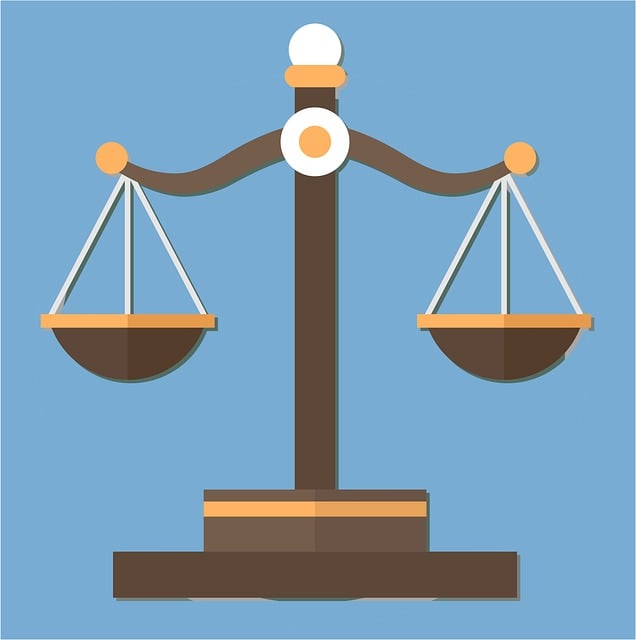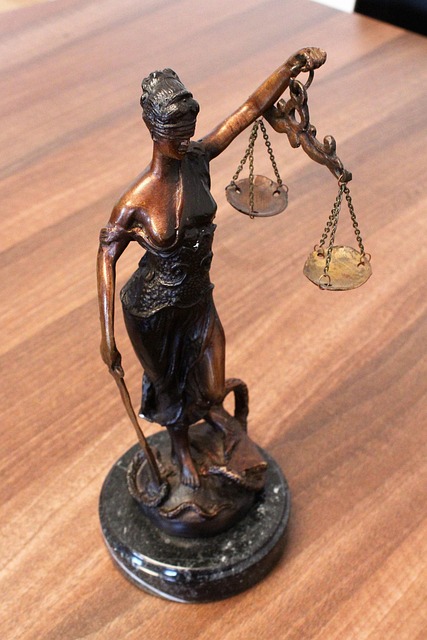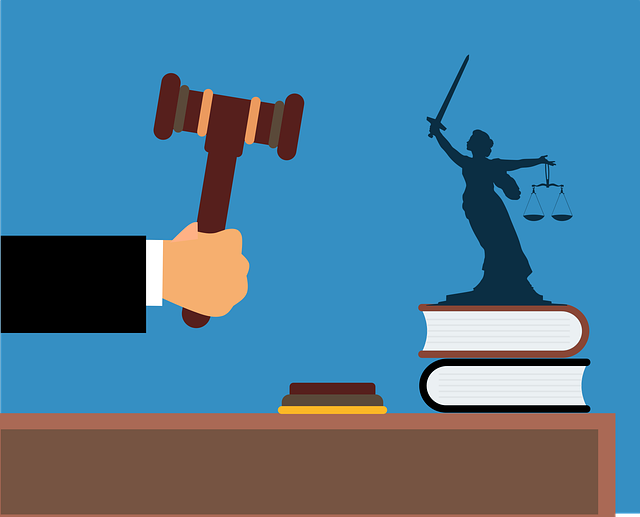Public corruption charges encompass bribery, fraud, and abuse of office, governed by jurisdiction-specific legal frameworks. To secure convictions, prosecutors must prove intent and a quid pro quo. Search and seizure rights in criminal law empower investigators to swiftly gather evidence through warrants based on probable cause, crucial for balancing investigative powers with individual rights. Skilled lawyers defend clients' rights while uncovering illicit activities. Balancing thorough investigation and respect for rights is paramount; successful defenses challenge evidence validity while safeguarding defendants' constitutional protections. Global progress against public corruption varies, with robust Search and Seizure Rights in Criminal Law, advanced surveillance, and data analytics aiding investigations, but intricate financial structures, cross-border transactions, and powerful legal defenses pose significant challenges.
“Public corruption charges represent a significant challenge for legal systems worldwide, eroding public trust and undermining democratic institutions. This article explores the intricate landscape of public corruption, focusing on understanding its various forms and the legal frameworks designed to combat it. We delve into the crucial aspect of search and seizure rights as a powerful tool against corruption, while examining the delicate balance between thorough investigations and preserving individual rights. Through case studies, we analyze both successful strategies and persistent challenges in enforcing anti-corruption laws, emphasizing the significance of Search and Seizure Rights in Criminal Law.”
- Understanding Public Corruption Charges: Definitions and Legal Framework
- Search and Seizure Rights: A Tool Against Corruption
- The Balance Between Investigation and Individual Rights
- Case Studies: Successes and Challenges in Enforcing Anti-Corruption Laws
Understanding Public Corruption Charges: Definitions and Legal Framework

Public Corruption Charges encompass a range of illegal activities where public officials abuse their power for personal gain or to benefit certain interests. These charges are defined by specific legal frameworks that vary by jurisdiction but generally involve issues like bribery, fraud, and abuse of office. Understanding these definitions is crucial when navigating the complex landscape of white collar and economic crimes. In many legal systems, the prosecution must prove intent and a quid pro quo—a ‘this for that’ exchange—to secure convictions for corruption-related offenses.
The process often involves search and seizure rights in criminal law, where investigators obtain evidence through warrants based on probable cause. This aspect is critical in achieving extraordinary results in public corruption cases, ensuring that the legal system holds corrupt officials accountable while maintaining a balance between investigative powers and individual rights, especially for those charged with general criminal defense.
Search and Seizure Rights: A Tool Against Corruption

In the fight against public corruption, search and seizure rights play a pivotal role as a powerful tool for law enforcement agencies. These rights, deeply rooted in criminal law, empower authorities to investigate and gather evidence without undue delay. By allowing searches of persons, vehicles, and properties, along with the seizure of relevant documents or materials, investigators can uncover illicit activities and corruption schemes more effectively. This strategic approach is crucial in ensuring that public officials and corporate entities involved in corrupt practices are held accountable.
The use of search and seizure rights presents a robust defense mechanism for both corporate and individual clients facing corruption charges. Skilled legal professionals can navigate these complex procedures, challenging any unlawful intrusions while protecting their clients’ rights. Through meticulous planning and strategic arguments, winning challenging defense verdicts becomes more feasible, ultimately ensuring that justice is served without compromising fairness.
The Balance Between Investigation and Individual Rights

In the pursuit of justice in public corruption cases, the balance between thorough investigation and respect for individual rights is a delicate one. The intricate nature of these inquiries often requires investigators to wield powerful tools like search and seizure rights in criminal law. These rights, while essential for uncovering evidence, must be meticulously employed to prevent abuses that could lead to a complete dismissal of all charges. A general criminal defense strategy should not only aim to challenge the validity of evidence but also ensure that the rights of those under scrutiny are not compromised.
Achieving extraordinary results in these cases demands a nuanced approach. Lawyers and investigators alike must navigate the legal labyrinth, ensuring every step respects the defendant’s constitutional protections. This careful navigation is crucial to prevent the kind of mistakes that could taint the entire process. The goal should never be merely to win but to ensure justice is served while upholding the principles of fairness that underpin any robust legal system.
Case Studies: Successes and Challenges in Enforcing Anti-Corruption Laws

Case studies offer a compelling glimpse into the successes and challenges faced by legal systems in their fight against public corruption. Many jurisdictions have achieved remarkable results, boasting an unprecedented track record in prosecuting high-stakes cases. These victories are often attributed to robust Search and Seizure Rights in Criminal Law, enabling investigators to gather substantial evidence during all stages of the investigative and enforcement process. For instance, sophisticated surveillance techniques and data analytics have proven invaluable in uncovering intricate corruption networks.
However, challenges remain. Complex financial structures and cross-border transactions can hinder effective law enforcement, requiring international cooperation and innovative legal strategies. Moreover, public corruption cases often involve powerful individuals who employ aggressive legal defenses, making it crucial for authorities to stay abreast of evolving legal landscapes. Despite these hurdles, successful prosecutions demonstrate that strong anti-corruption measures can yield tangible results in holding public officials accountable.
Public corruption charges are a complex issue that requires a delicate balance between effective investigation and respect for individual rights. As demonstrated by various case studies, success in enforcing anti-corruption laws often hinges on the strategic use of search and seizure rights within the established legal framework. Understanding these dynamics is crucial for both law enforcement agencies and individuals to ensure fairness and transparency in combating corruption, with a focus on the important role that Search and Seizure Rights in Criminal Law play in this process.






